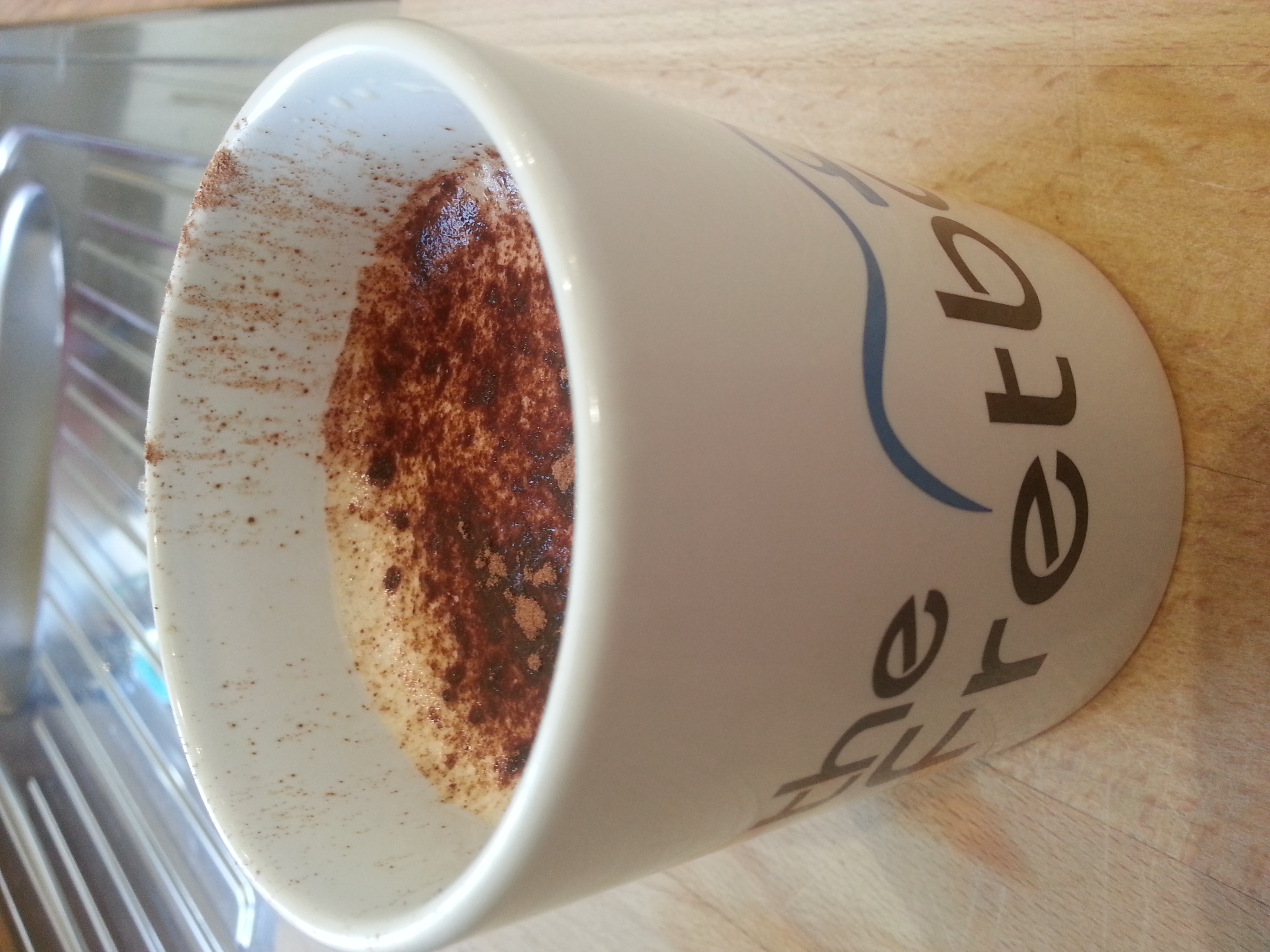Howdy, Stranger!
It looks like you're new here. If you want to get involved, click one of these buttons!
Categories
- 241.5K All Categories
- 22 >> Start Here <<
- 12 New Members
- 8 FAQs
- 86.6K Gear
- 39.5K Guitar
- 3.4K Acoustics
- 1.3K Bass
- 14.6K Amps
- 17.2K FX
- 267 Digital & Modelling
- 765 Other Instruments
- 8.3K Making & Modding
- 421 Gear Reviews
- 107 Guitar Reviews
- 73 Amp Reviews
- 119 FX Reviews
- 87 Other Reviews
- 748 Made in the UK
- 974 Theory
- 1.8K Technique
- 2.1K Live
- 3.2K Studio & Recording
- 2.1K Making Music
- 218 Events
- 15 Guitar Show 2018
- 830 Plug My Stuff
- 105.1K Classifieds
- 41.1K Guitars £
- 2.8K Acoustics £
- 138 LH Guitars £
- 898 Basses £
- 10.5K Parts £
- 18.3K Amps £
- 34.1K FX £
- 2.8K Studio & Rec £
- 6.1K Misc £
- 465 Personnel
- 54.7K Chat
- 36.5K Off Topic
- 1.1K Tributes
- 6.6K Music
In this Discussion
Become a Subscriber!
Subscribe to our Patreon, and get image uploads with no ads on the site!
What's the best thing for removing Danish Oil?
 mudslide73
Frets: 3078
mudslide73
Frets: 3078
In my youth I stripped and oiled my beloved Jackson Fusion using Colron Danish Oil. (I know, I'm sorry). I'm very interested in doing it again properly with Wudtone or Truoil. What's the best stripper for this?
"A city star won’t shine too far"
0 LOL 0
LOL 0 Wow! 0
Wow! 0 Wisdom
Wisdom
 LOL 0
LOL 0 Wow! 0
Wow! 0 Wisdom
Wisdom Base theme by DesignModo & ported to Powered by Vanilla by Chris Ireland, modified by the "theFB" team.


Comments
you can't strip it as such, oil finishes (especially thinner ones like danish oil) soak into the wood. not far, but far enough
When i wan't to remove it I scape the surface off and then finish sand. I then give it a good rub down with thinners. But the only real option at this stage is to re-oil with somethign else. It does depend on wood though. it will soak quite far into swamp ash but not very far on maple so you get more options for refinishing the maple
If you can get it back to a good state i would recomment tru-oil rather than wudtone because wudtone is really designed to wood well when the wood is as raw as possible, and you won't be able to garantee this now
Of course you could also go with danish oil and wax and not have to worry about compatibility at all
Instagram
I Danish oil my IKEA worktops made of birch. It doesn't take much sanding to get it off those
What's wrong with Danish oil for guitars? too sticky???
I had one luthier who used gun oil, that seemed ok
Instagram
Studio: https://www.voltperoctave.com
Music: https://www.euclideancircuits.com
Me: https://www.jamesrichmond.com
That said, I did have to sand back the wood a fair bit to get it to 320 grit, and all with the grain to hide scratches. Originally, the body was 220 grit and sanded with (I'm guessing) some kind of circular sander as there were some obvious marks.
Still, I'll not argue with you, your builds speak for themselves! Perhaps it's just one of those odd things, you just don't get on with it. I know my one effort at oiling a neck ended in absolute disaster...
Instagram
Studio: https://www.voltperoctave.com
Music: https://www.euclideancircuits.com
Me: https://www.jamesrichmond.com
Instagram
Thanks for all the replies so far everyone.
Instagram
As you can see it's awful! I was very impatient and didn't sand it properly at all. I was hoping to save it basically, I like the look of Hot Auburn, Mahogany or any of the darker colours.
I've had terrible trouble trying to get a replacement body (short scale on a Fusion) so seeing everyone's great results with modern oil finishes I thought it was time to try again.
Thanks for all the comments so far.
Some more for reference.
Instagram
Instagram
Instagram